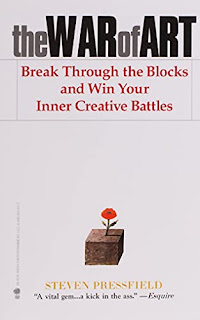I don't read how-to-write books very much.
Well, I take that back. I've read more lately than I did before I was published. Not because I wanted the writing tips, but because I was looking for concise, cogent ways to talk to groups about writing. Usually, I don't find anything that I couldn't have thought up myself from my own experience, but occasionally I come across something that strikes me as particularly insightful.
I (Donis) did a program on the importance of setting for our local Sisters In Crime annual writing conference earlier this month, and I found some useful information for the panel discussion in Walter Mosely's book, This Is the Year You Write Your Novel. This is a short little step-by-step manual for someone who has never actually written a novel from beginning to end, but Mosely is a very good writer, of course, and I found the whole thing rather interesting, especially when I compared his advice to my actual real-world experience.
I've been having a lot of real-world experience in the past year or so, and have been finding it increasingly hard to carve out writing time.
The very best book on writing, in my humble opinion, is a small book called The War Of Art, by one of my favorite authors, Steven Pressfield. It's not a how-to book. It's a why-to book. Pressfield maintains that the greatest barrier to becoming a writer is the demon inside you that keeps you from actually sitting down to do it.
This quote is an excerpt from the introduction of Steven Pressfield's The War Of Art.
"Are you a born writer? ... In the end the question can only be answered by action.
Do it or don't do it.
It may help to think of it this way. If you were meant to cure cancer or write a symphony or crack cold fusion and you don't do it, you not only hurt yourself, even destroy yourself. You hurt your children. You hurt me. You hurt the planet...
Creative work is not a selfish act or a bid for attention on the part of the actor. It's a gift to the world and every being in it. Don't cheat us of your contribution. Give us what you've got."
In the end, it doesn't really matter how many people read your contribution. I enjoy the thought that the thing I love so much to do is still a gift to the world and every being in it.



